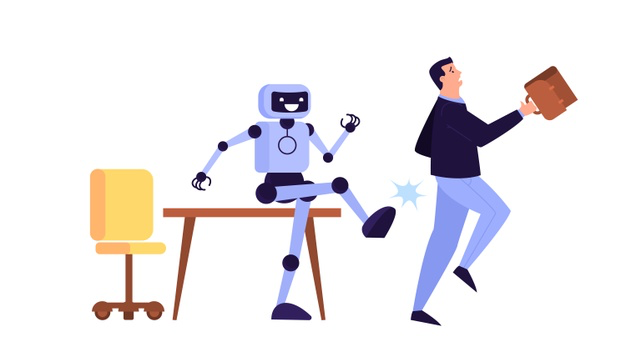
































Microsoft Research released a comprehensive AI impact assessment, ranking 80 occupations by exposure to generative AI tools such as Copilot and ChatGPT. Roles heavily involved in language, writing, client communication, and routine digital tasks showed the highest AI overlap. Notable examples include translators, historians, customer service agents, political scientists, and data scientists.
By contrast, jobs requiring hands-on work, empathy, real-time physical or emotional engagement, such as nurses, phlebotomists, construction trades, embalmers, and housekeeping staff, were classified as low risk under current AI capabilities. Experts suggest that these kinds of positions remain essential because they involve physical presence, human interaction, and complex real-time decision making.
Although certain professions scored high for AI exposure, Microsoft and independent analysts emphasise that most jobs won't disappear entirely. Instead, generative AI tools are expected to augment workflows, creating hybrid roles where human judgement and oversight remain critical, especially in sectors such as financial services, healthcare, and creative industries.
 Hot Tags :
Artificial Intelligence
Content policy
Capacity development
Hot Tags :
Artificial Intelligence
Content policy
Capacity development